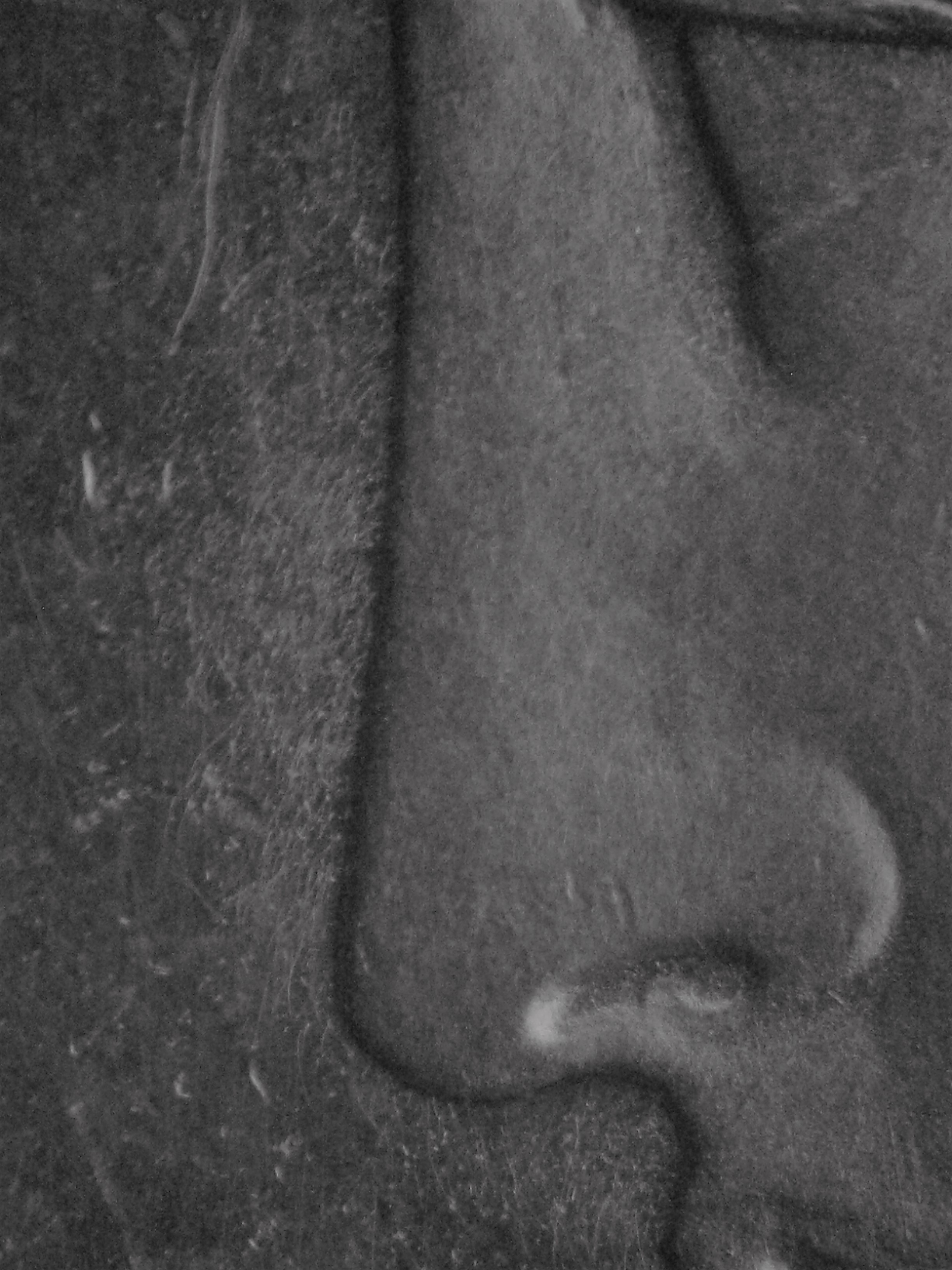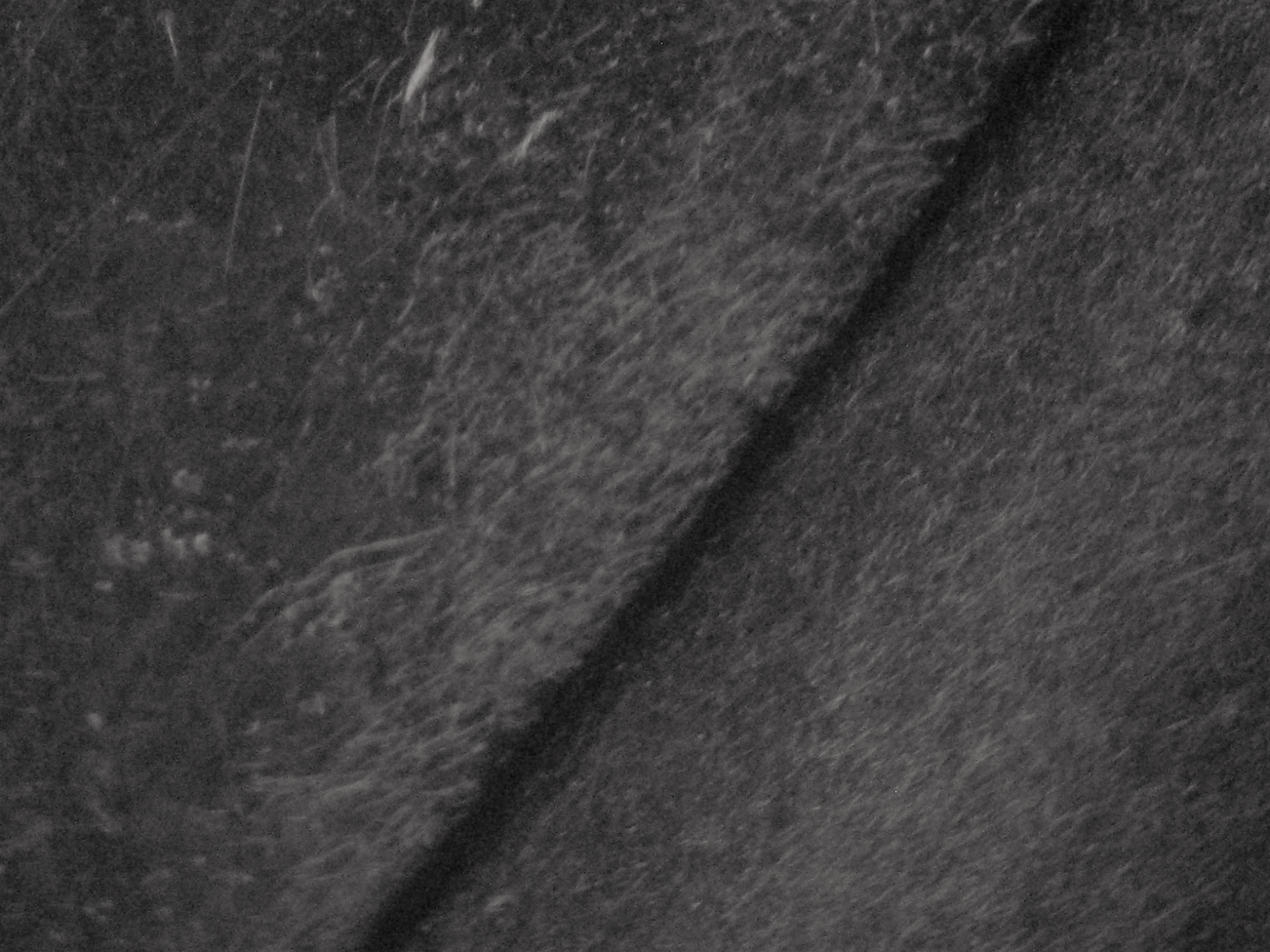Options
I have not seen this type of surface alteration before.
 Insider2
Posts: 14,452 ✭✭✭✭✭
Insider2
Posts: 14,452 ✭✭✭✭✭
Many coins, especially Morgan dollars, are seen with some form of surface alteration on "Liberty's face."
This one is new to me. Tiny little swirl marks into the surface that became very obvious when they also altered the field. Chemical alterations to the cheek are usually more deceptive than this method or buffing.


1
Comments
A method of effacing graffiti?
Liberty: Parent of Science & Industry
What's the whole thing look like?
edited to ask: Is it a scarce date?
Sorry the coin is gone. Nevertheless, what the coin looks like depends on the experience of the examiner, the lighting, and the magnification,
To the average collector, MS-65 to 66.
To a knowledgeable Morgan dollar collector, dealer, professional grader, BBBAAADDDD to the naked eye.
wow... if it was a couple or a just a few errant marks, I might attribute it to something that left a few small scratches... but this looks like a concerted effort at hiding something...
Successful BST transactions with: SilverEagles92; Ahrensdad; Smitty; GregHansen; Lablade; Mercury10c; copperflopper; whatsup; KISHU1; scrapman1077, crispy, canadanz, smallchange, robkool, Mission16, ranshdow, ibzman350, Fallguy, Collectorcoins, SurfinxHI, jwitten, Walkerguy21D, dsessom.
Cheeks are usually altered to remove or hide defects like scratches or bagmarks. This is a "repair." I'll see if I took another image.
Are you talking about the swirlys in the field or the smooth nose?
Hep me out.
It look like a mini-buff device was used......just a guess from things I have seen. Cheers, RickO
Both. The lines in the field are from an "over-run" error. It is a similar mistake to when a chemical haze "bleeds" on to the field.
A cleaning/buffing by a dremel tool?
It looks like someone took a sharp implement (nail, needle, knifepoint, etc.) And scratched an intentional design or doodles into the field, then, later, someone else tried to hide/camouflage/repair by texturing the area with another tool, possibly motorized.
Not uncommon, however not everyone can, or is willing to, spot it, especially on their own coins 😉
Liberty: Parent of Science & Industry
Of course, the Ex-Pert 😉
is Ex-Pected to contradict..
Liberty: Parent of Science & Industry
Thank you so much for your reply and the additional coin that you have posted with the much larger scratches.
so much for your reply and the additional coin that you have posted with the much larger scratches.
Nevertheless, it appears that I must respectfully disagree with the "bold" parts of your post above.
You see, the image I posted shows a tiny area of a coin magnified to aprox. 25X! For that reason alone, neither the implements you mention nor a human hand could make ANYTHING remotely similar to these marks. As I posted, I have never seen this exact type of "work" in all my years. Although it should not fool any of the folks I mentioned previously, the very fact that it was new to me suggested I take an image for my files and share it.
Dentists are very well equipped to gently modify the surfaces of a coin..............whizzing to a much higher level, perhaps? Any dentists here on the Forum to comment?
OINK
A Dremel, as has been stated, has some really fine attachments with all levels of abrasiveness.
They come with fine wool like wheels to outright metal moving steel wire wheels.
But dentists have very fine soft brushes with which they use very fine abrasives with water to minimize the friction. I really suspect that all whizzed coins were the products of starving dentists........
OINK
Dentists and Dremels have been around for decades. I have been looking closely at altered surfaces of all types for a while. As I posted, I have never seen anything remotely like this on a coin of any type. Probably something done by a less experienced person.
It sort of looks like someone took an eraser to the coin.
Doggedly collecting coins of the Central American Republic.
Visit the Society of US Pattern Collectors at USPatterns.com.
Something I don't think shows up enough in the image. The lines are in very small, tight swirls indicating a motorized technique with some type of grit.